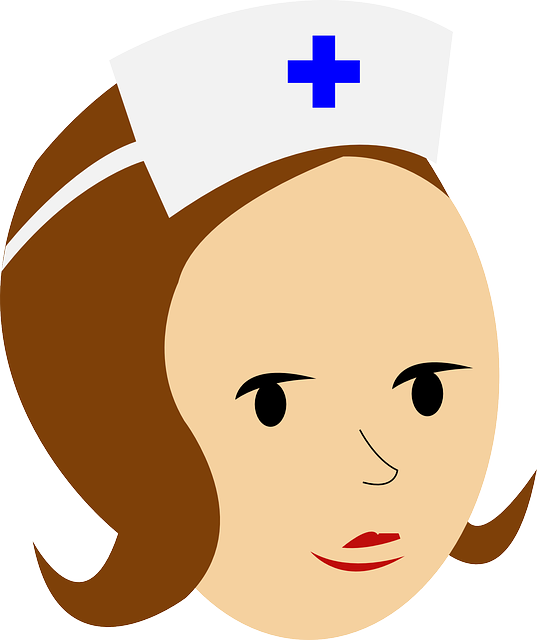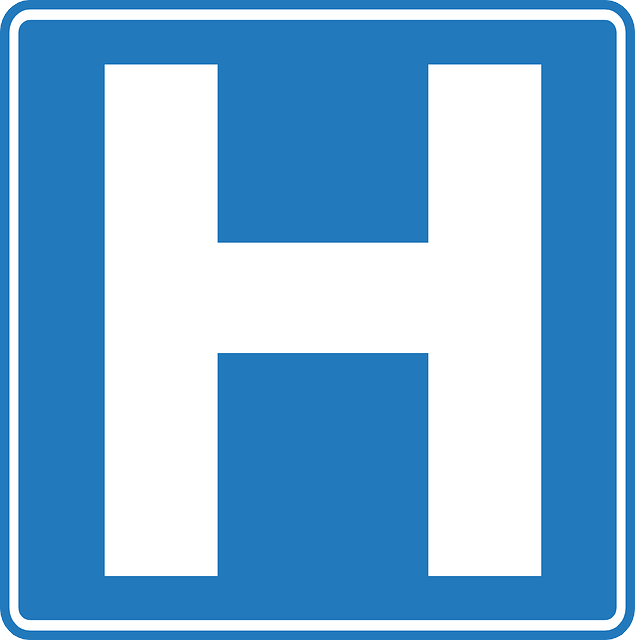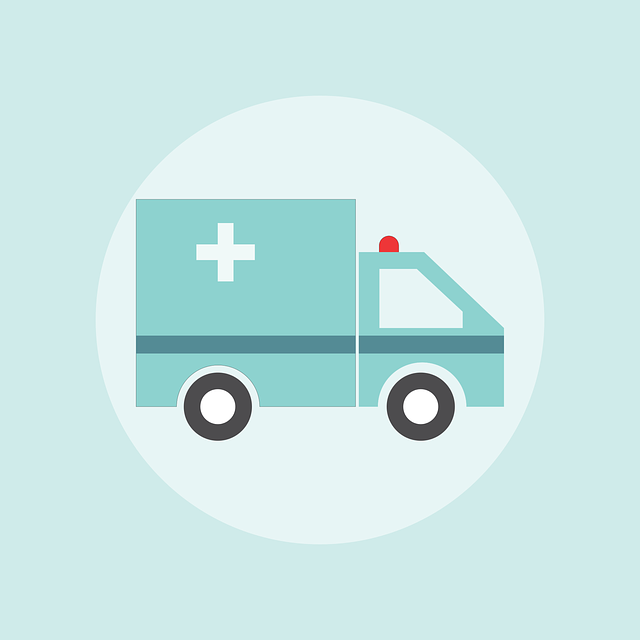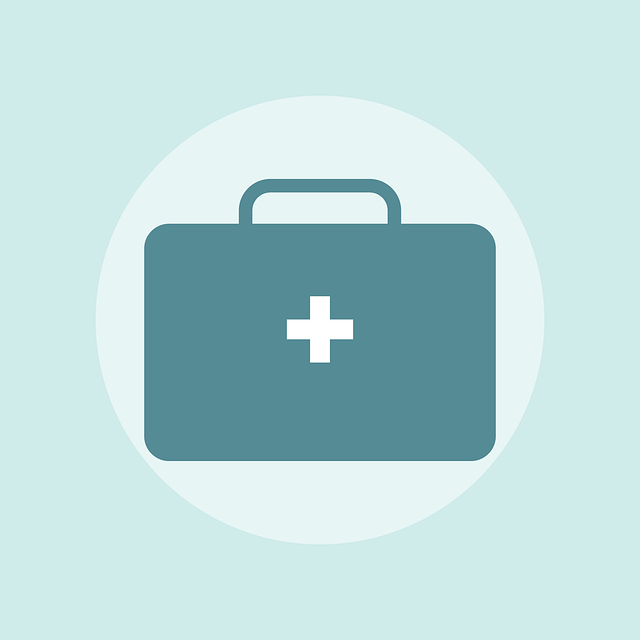In South Africa, choosing between hospital plans and medical aid depends on individual needs and preferences. Hospital plans offer simpler coverage with faster claims but higher deductibles, ideal for emergency care. Medical aid provides broader benefits, including outpatient treatments and a vast provider network, but involves complex criteria and extensive paperwork. Considering level of care, provider network, cost structure, and additional benefits will help select the option that best balances healthcare needs and financial situation.
In the vibrant South African healthcare landscape, understanding the nuances between hospital plans and medical aid is crucial for individuals seeking optimal coverage. This article delves into the key differences, exploring pros and cons of each option tailored to South Africa’s unique context. By examining factors such as costs, accessibility, and benefits, we aim to empower readers to make an informed decision, ultimately choosing the best fit: hospital plan or medical aid.
- Understanding Hospital Plans and Medical Aid: Key Differences
- Pros and Cons of Each Option for Individuals in South Africa
- Making an Informed Decision: Factors to Consider When Choosing Between Hospital Plan and Medical Aid
Understanding Hospital Plans and Medical Aid: Key Differences

When considering which is better for individuals in South Africa, hospital plans and medical aid offer distinct benefits and drawbacks. Hospital plans are often simpler and more straightforward, focusing primarily on covering hospital stays and related expenses. They tend to have lower monthly premiums and no pre-existing condition exclusions, making them appealing for those seeking basic coverage without the complexities of extensive medical history checks.
On the other hand, medical aid provides a broader spectrum of benefits, including not just hospital care but also outpatient treatments, preventative services, and often even prescription drugs. Medical aid schemes typically have networks of hospitals and doctors that policyholders can access, with potential savings through these agreements. However, enrollment processes may involve medical assessments, and pre-existing conditions could lead to restrictions or higher contributions. Understanding these key differences is crucial when deciding between a hospital plan and medical aid in South Africa, ultimately helping individuals make an informed choice tailored to their healthcare needs and financial capabilities.
Pros and Cons of Each Option for Individuals in South Africa

In South Africa, both hospital plans and medical aid offer essential healthcare coverage, but each has unique advantages and drawbacks. Which Is Better Hospital Plan Or Medical Aid depends on individual needs, financial situations, and long-term goals.
Hospital plans are often more straightforward and simpler to understand. They provide cover for in-patient treatment and services at hospitals, with a focus on emergency care and acute conditions. Pros include relatively faster claim processing times and fewer bureaucratic hurdles. However, hospital plans usually have higher deductibles and may not offer comprehensive coverage for chronic conditions or regular check-ups, leading to potential out-of-pocket expenses. On the other hand, medical aid schemes typically provide broader benefits, including outpatient care, preventive services, and cover for a wide range of medical procedures and diseases. They often have access to a vast network of healthcare providers and specialists. Cons include complex membership criteria, potential waiting periods for specific treatments, and more extensive paperwork involved in claims processes.
Making an Informed Decision: Factors to Consider When Choosing Between Hospital Plan and Medical Aid

When deciding between a hospital plan and medical aid in South Africa, it’s crucial to make an informed choice that aligns with your healthcare needs and financial situation. Both options offer essential coverage for medical expenses, but they differ in key aspects. Understanding these differences is vital to determining which is better suited for you.
Factors to consider include the level of care each plan provides, network of healthcare providers, co-payments or deductibles, and any additional benefits like chronic disease management or mental health support. Medical aid often offers more comprehensive coverage with a broader network of hospitals and specialists, while hospital plans may have stricter limitations on where you can receive treatment. Cost comparisons are also essential; medical aid contributions can vary widely depending on age, lifestyle, and chosen benefits, whereas hospital plans typically charge a fixed monthly fee. Weighing these considerations will help you decide which option optimises your healthcare accessibility and financial security.
When deciding between a hospital plan and medical aid in South Africa, understanding your healthcare needs, budget, and long-term goals is crucial. Both options have their advantages and disadvantages, offering unique benefits tailored to different circumstances. By carefully considering factors like coverage, costs, accessibility, and personal preferences, individuals can make an informed choice that aligns with their best interests. Ultimately, the “better” option depends on individual priorities, ensuring access to quality healthcare while managing financial risks effectively.







